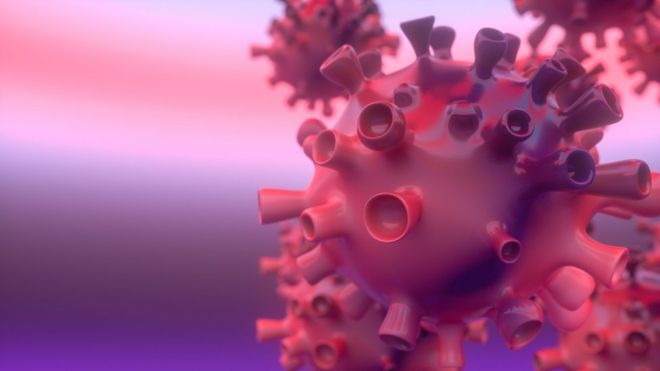NHS doctors have been warned to look out for a rare but dangerous reaction in children that may be linked to coronavirus infection.
An urgent alert sent out to GPs said that intensive care departments in London and other parts of the UK have been treating severely sick children with unusual symptoms.
This includes “multi-system inflammation” with flu-like symptoms.
Some, but not all, tested positive for coronavirus.
It is unclear how many children have been diagnosed with the new syndrome, although the numbers will be low.
This is the moment of maximum risk, Johnson says
How long does it take to recover from coronavirus?
The alert, which was issued to GPs in North London by their clinical commissioning group, said there was “a growing concern” that a coronavirus-related inflammatory syndrome is emerging in children in the UK or that there may be another, as yet unidentified, infection linked to these cases.
These young patients of varying ages were extremely ill. They had similar features to toxic shock syndrome, which can include a high temperature, low blood pressure, a rash and difficulty breathing.
Some also had gastrointestinal symptoms – tummy pain, vomiting or diarrhoea – and inflammation of the heart, as well as abnormal blood test results.
Experts say these are the signs you can see when the body is becomes overwhelmed as it tries to fight off an infection.
The alert, which has now been shared more widely, advises these cases need urgent treatment.
But experts stress that very few children become severely ill with coronavirus – evidence from around the world suggests they are the population least affected by the disease.
The Royal College of Paediatrics and Child Health said parents should be reassured by this, but if they are concerned about their children’s health for any reason, they should seek help from a health professional.
Prof Simon Kenny, NHS national clinical director for children and young people, said: “The advice to parents remains the same: if you are worried about your child for whatever reason, contact NHS 111 or your family doctor for urgent advice, or 999 in an emergency, and if a professional tells you to go to hospital, please go to hospital.”
Source : BBC































